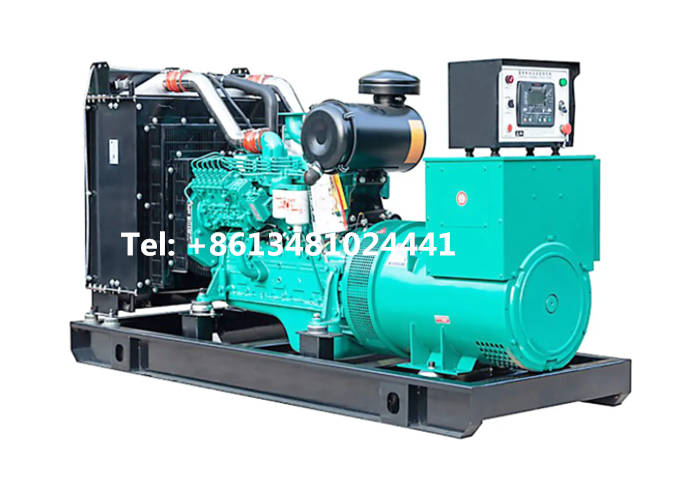What are the factors that affect the price of diesel generators?
Power Output and Capacity
The power output and capacity of a diesel generator directly impact its price. Diesel generators come in a wide range of capacities, from small units suitable for home use to large industrial generators designed for heavy-duty applications. The higher the kilowatt (kW) or megawatt (MW) rating, the more expensive the generator tends to be. End-users must consider their power requirements carefully, as purchasing a generator with too little capacity could lead to performance issues, while oversizing the generator may result in unnecessary costs.
Brand and Manufacturer
The brand and manufacturer of the diesel generator also play a significant role in determining its price. Well-known and trusted brands like Cummins often command higher prices due to their reputation for quality, reliability, and extensive service networks. In contrast, less established brands may offer lower-priced alternatives, but they may not provide the same level of performance or long-term support. End-users must weigh the benefits of investing in a reputable brand versus the potential savings from choosing a lesser-known manufacturer.
Engine Type and Specifications
The type of engine used in a diesel generator can significantly affect its price. Engines with advanced features such as turbocharging, intercooling, or emissions control systems tend to be more expensive. These features are essential in applications where fuel efficiency, reduced emissions, and long-term reliability are critical. Additionally, larger, more powerful engines come with a higher price tag, but they offer better performance under heavy loads, making them ideal for industrial applications.
Fuel Efficiency and Consumption
Fuel efficiency is a crucial factor for end-users concerned with long-term operating costs. Generators that consume less fuel over time can save significant amounts of money, especially for businesses that rely on continuous or frequent generator use. Models that feature fuel-saving technologies or have higher efficiency ratings may come with a higher initial cost but can result in savings over time due to reduced fuel consumption. Considering the cost of fuel in the region where the generator will be used is also vital when evaluating this factor.

General Purpose Motors Buying Guide
Squirrel Cage Induction Motor - Working Principle and ...
Induction vs. Permanent Magnet Motor Efficiency
Wound Rotor vs Squirrel Cage 14
Additional Features and Customization
1. Control Panels and Automation
Trying to replace Synchron motor - NAWCC Forums
Everything You Need To Know To Find The Best low voltage motor
Generator sets equipped with advanced control panels and automation systems tend to be more expensive. These features allow users to monitor and control the generator's operation remotely, adjusting settings for fuel consumption, power output, and more. Automated start/stop functions, fault detection, and performance monitoring can significantly enhance convenience and operational efficiency but come at an additional cost.
2. Noise Reduction Technology
In certain applications, such as residential or commercial areas, noise reduction features are essential. Generators with soundproof enclosures or advanced muffler systems will typically be more expensive due to the added materials and engineering required to minimize noise levels. However, these features are often necessary to comply with local noise regulations or ensure a comfortable environment for people working nearby.
Installation and Transportation Costs
In addition to the cost of the generator itself, installation and transportation costs can also affect the total price. Large industrial generators require specialized equipment for transportation and installation, which can significantly increase overall expenses. End-users should also consider whether the installation requires additional components, such as fuel tanks, transfer switches, or foundations, which can further drive up costs.
Maintenance and Warranty
Generators that come with comprehensive maintenance plans or extended warranties tend to be priced higher initially but can save users money in the long run by covering potential repairs and ensuring regular servicing. Cummins, for example, offers robust maintenance programs that help keep generators in top condition, reducing the likelihood of unexpected breakdowns and extending the life of the unit. It's important for customers to factor in the cost of maintenance when evaluating the overall price of a diesel generator.
Conclusion
Several factors influence the price of diesel generators, including power output, brand reputation, engine specifications, fuel efficiency, and additional features. End-users must carefully assess their specific needs and operational environment to choose a generator that balances cost with performance. While higher-priced models may offer better efficiency and reliability, they can also lead to long-term savings through reduced fuel consumption and maintenance costs.

Comments
0